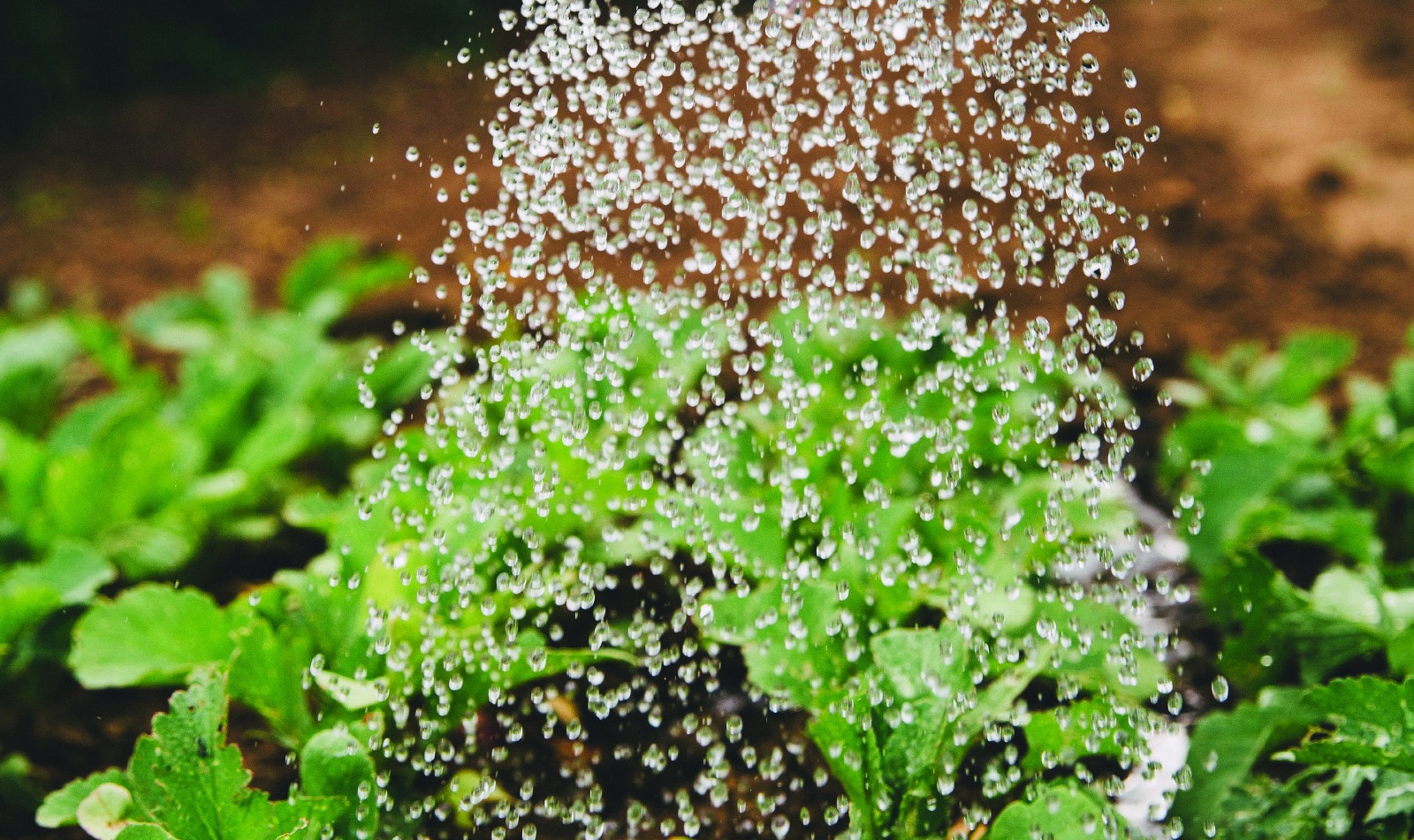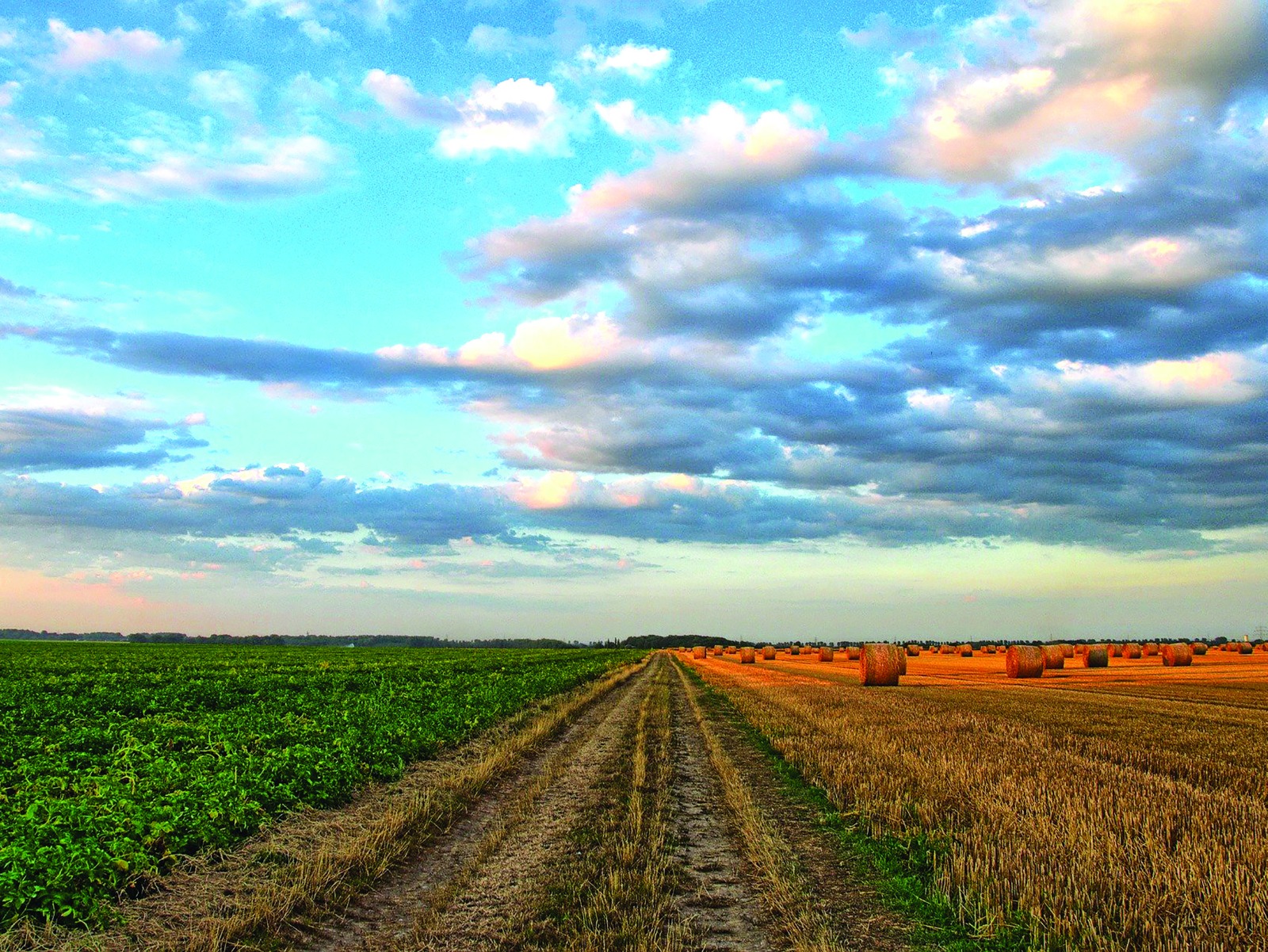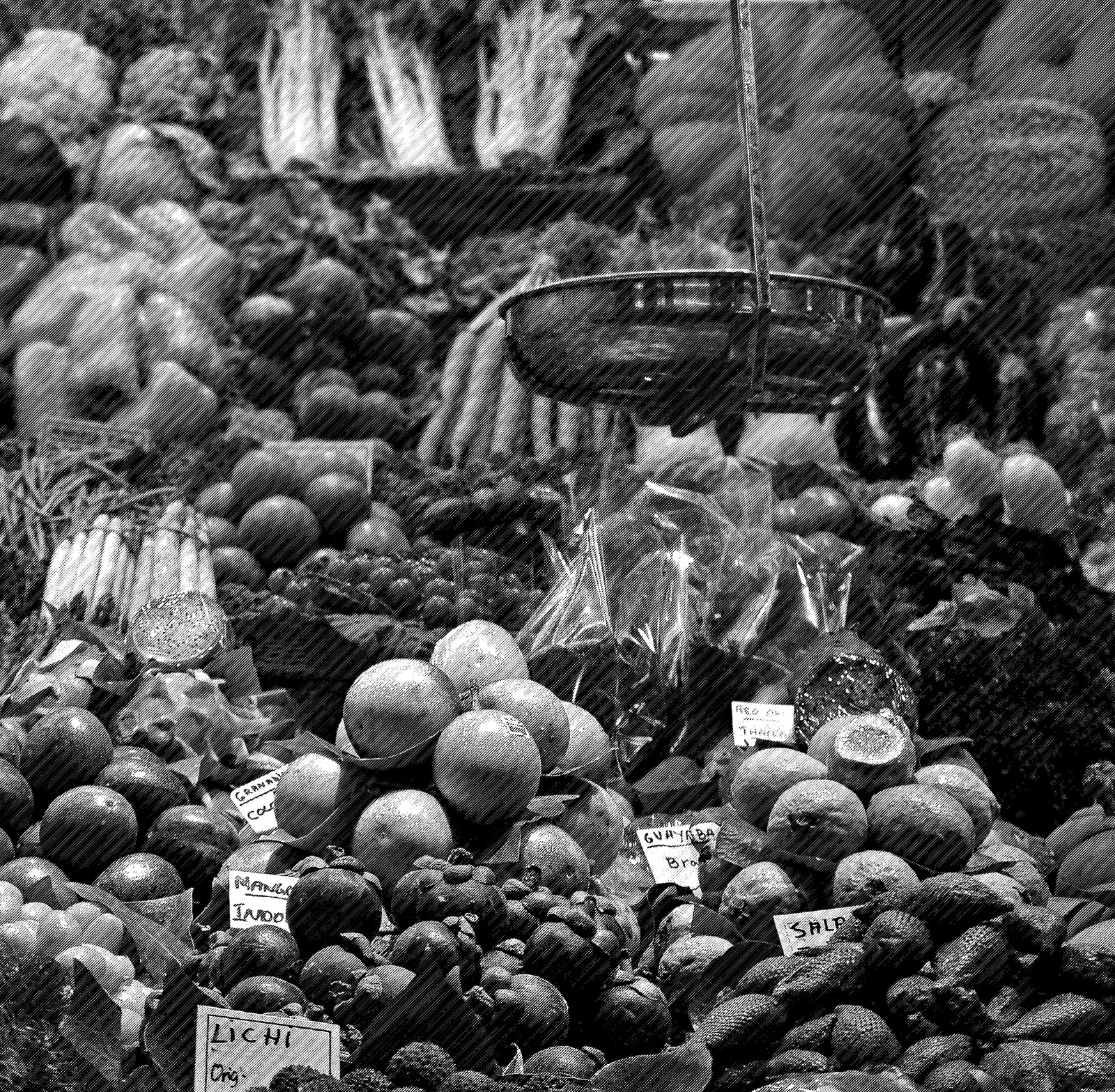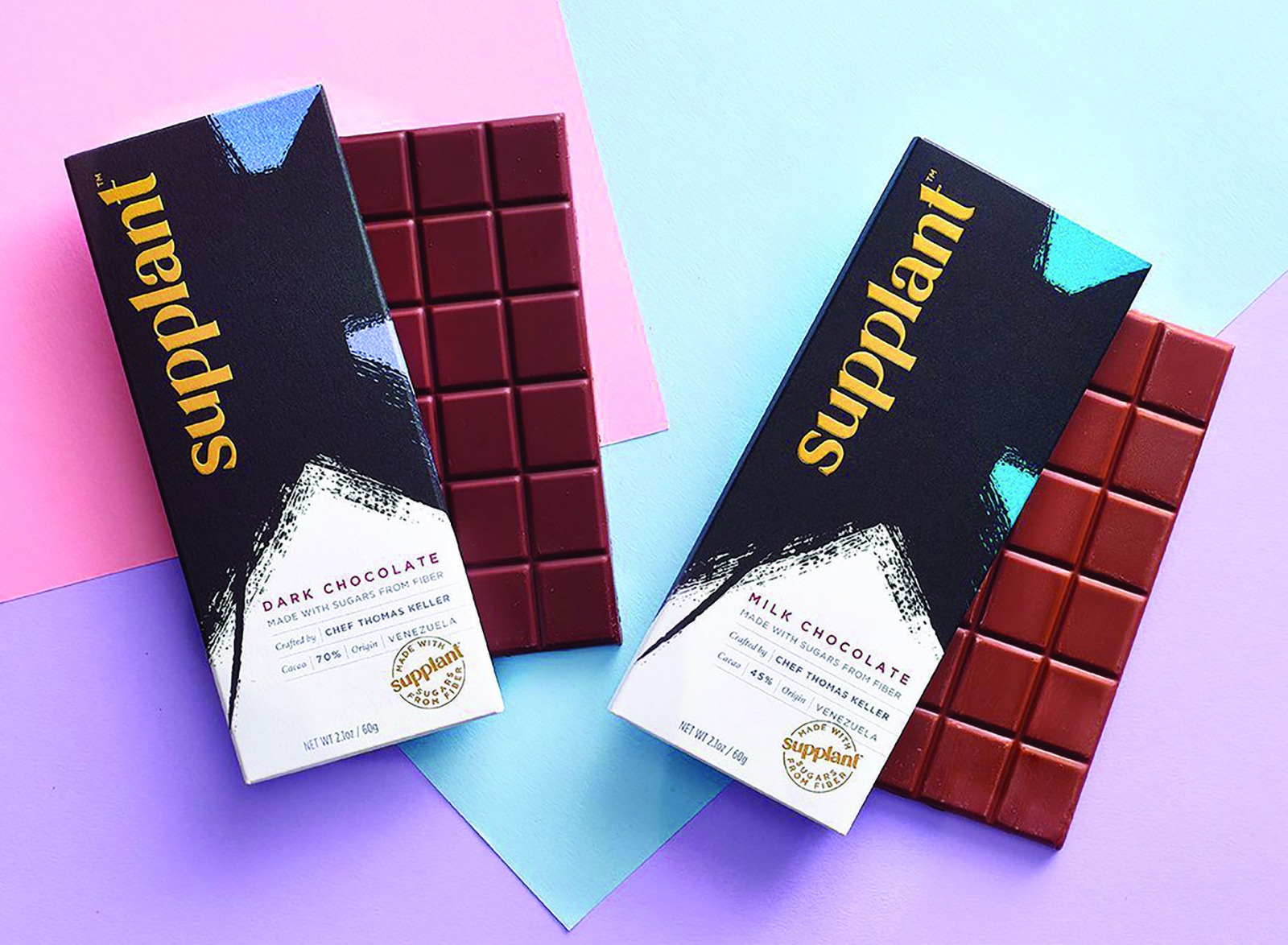TACKLING FOOD WASTE THROUGH INNOVATION
Spring 2022
The past year has been a difficult one for everyone in the world. The pandemic has continued to cause disruptions to everywhere in the world for two years. The emergence of new virus variants still threatens the lives of many people and has kept many countries and cities in lockdown, preventing people from interacting at a close distance. As we are living in this extraordinary period in time, more and more people are starting to think about how to truly live a sustainable life on this planet.

Innovative Ways To Tackle The Food Waste Problem
Food wastage is not simply an ethical issue, but an economic and environmental problem. Globally, 1.3 billion tons of food every year goes to waste. At the same time, 1 in 11 people in the world do not have enough food to live. Economically, the supply chain needs to be improved as many foods go bad for various reasons before reaching the end consumer. Consequently, not only do these foods fail to accomplish their purpose of feeding humankind, the resources and expenses used to produce them, such as labor, natural resources and fertilizers, all go to waste. In 2019 alone, the total monetary value of wasted food came close to US$47 billion.
Prevent Waste At Source
A large portion of the 1.3 billion tons of food currently going to waste is the result of improper storage. Research conducted by the “Waste & Resources Action Programme (WRAP)” showed that every additional day of shelf life can save up to 200,000 tons of food from being wasted every year.

Recovery Of Edible Food
Most of the waste, including food waste, in our landfill is organic waste. When such organic waste gets buried in landfills, it undergoes anaerobic decomposition and releases methane, a greenhouse gas that is 25 times as potent as carbon dioxide at trapping heat in the atmosphere. Food waste not only comprises of expired food that people are forced to throw away, but also includes a great deal of fresh ingredients that are still fresh and edible. Food waste has a huge impact on climate change and other environmental issues. According to figures from the United Nation’s Food and Agriculture Organization, food waste generates 3.3 billion tons of carbon dioxide emissions per year.

The Art Of Repurposing
In any food production process, certain parts of the food, such as fruit peels and stems of vegetables, are discarded. Leftovers that cannot be sold in the food and beverage industry are also thrown away. In the past, some of these so-called “leftovers” were used for composting, but most were sent to land‑ lls or incinerators. In response to this problem, many entrepreneurs, scientists and designers around the world have dedicated their time to researching and developing waste reduction solutions and have even granted food waste a second life, so that they can be upcycled to become more economically valuable foods or more useful materials and continue to be of service to mankind.

In Search Of World-Changing Innovations: "Techstyle For Social Good 2021" International Student Online Competition
“Techstyle for Social Good” International Student Competition is dedicated to supporting and celebrating innovative solutions in the apparel, textiles and agrifood tech industry envisioned by students and recent graduates from around the world. Marking the third edition of The Mills Fabrica’s “Techstyle For Social Good 2021” International Student Online Competition, over 200 entries from Hong Kong, the US, UK and other parts of the world were received.

The Mills Fabrica X Ixon Private Tasting Event
Following a popular Kickstarter campaign that was 100% funded in under one hour, The Mills Fabrica co-hosted the very first private food tasting event of Hong Kong-based foodtech IXON, a company that has developed a revolutionary, patent-pending technology called “advanced sous-vide aseptic packaging” (ASAP) that sterilizes food products at very gentle temperatures - enabling the storage of fresh meat, fish and seafood at room temperature for up to 2 years without the need for refrigeration or preservatives.
The Mills Fabrica X Green Hospitality “Green Recovery For The Tourism And Hospitality Industries” Project Launch Event
On 22 November 2021, The Mills Fabrica co-organized the launch event for the project “Green Recovery for the Tourism and Hospitality Industries in Hong Kong Through Technology & Innovation”, initiated by GREEN Hospitality, a non-profit making collaborative platform that supports sustainability initiatives in the hospitality sector.
Zero Foodprint Asia Launch
On 22 October 2021, The Mills Fabrica hosted a special event for press, farmer organizations and industry giants from the F&B industry to celebrate the launch of Zero Foodprint Asia (ZFPA). Originally from California, USA, Zero Food Print’s expansion to Hong Kong marks their ‑ rst step in supporting regenerative farming in Asia and fighting climate change.
- Innovative Ways To Tackle The Food Waste Problem
- Avoid: Prevent Waste At Source
- Reuse: The Recovery Of Edible Food
- Reprocessing: The Art Of Repurposing
- In Search Of World-Changing Innovations: "Techstyle For Social Good 2021" International Student Online Competition
- Event recap: The Mills Fabrica X Ixon Private Tasting Event, The Mills Fabrica X Green Hospitality “Green Recovery For The Tourism And Hospitality Industries” Project Launch Event, Zero Foodprint Asia Launch